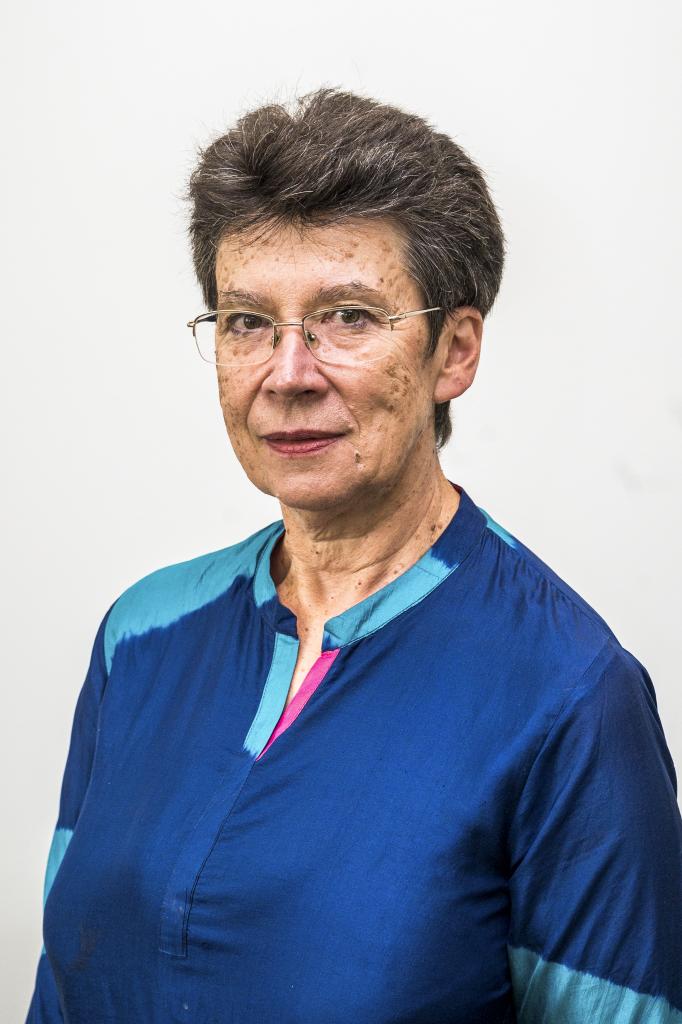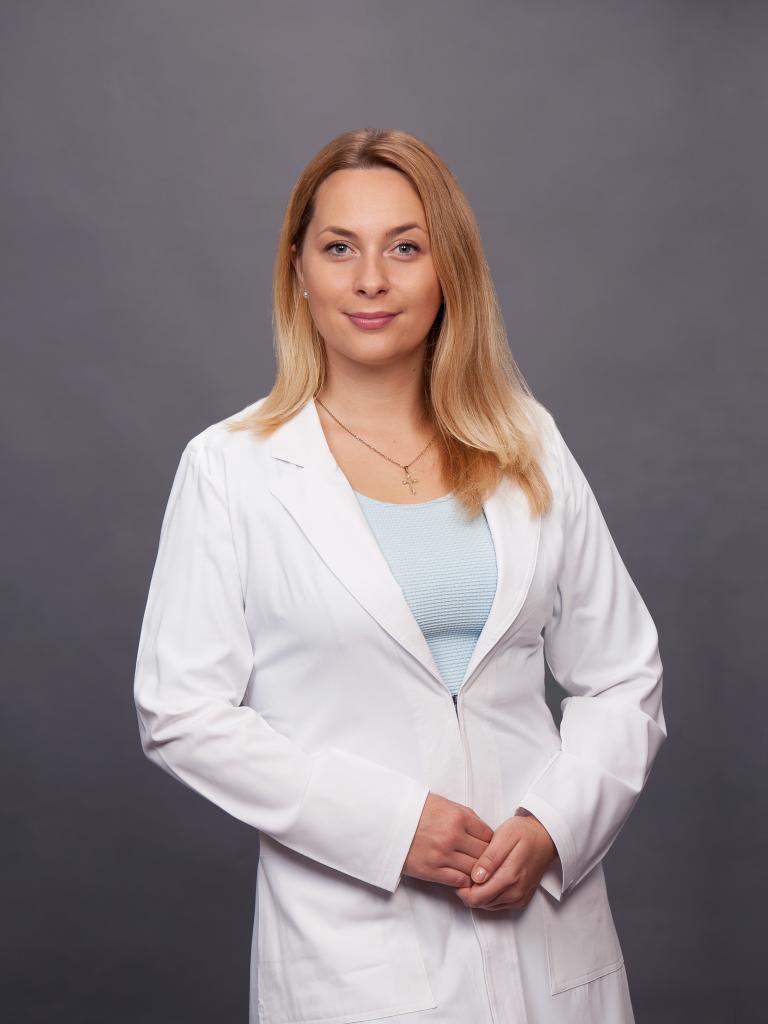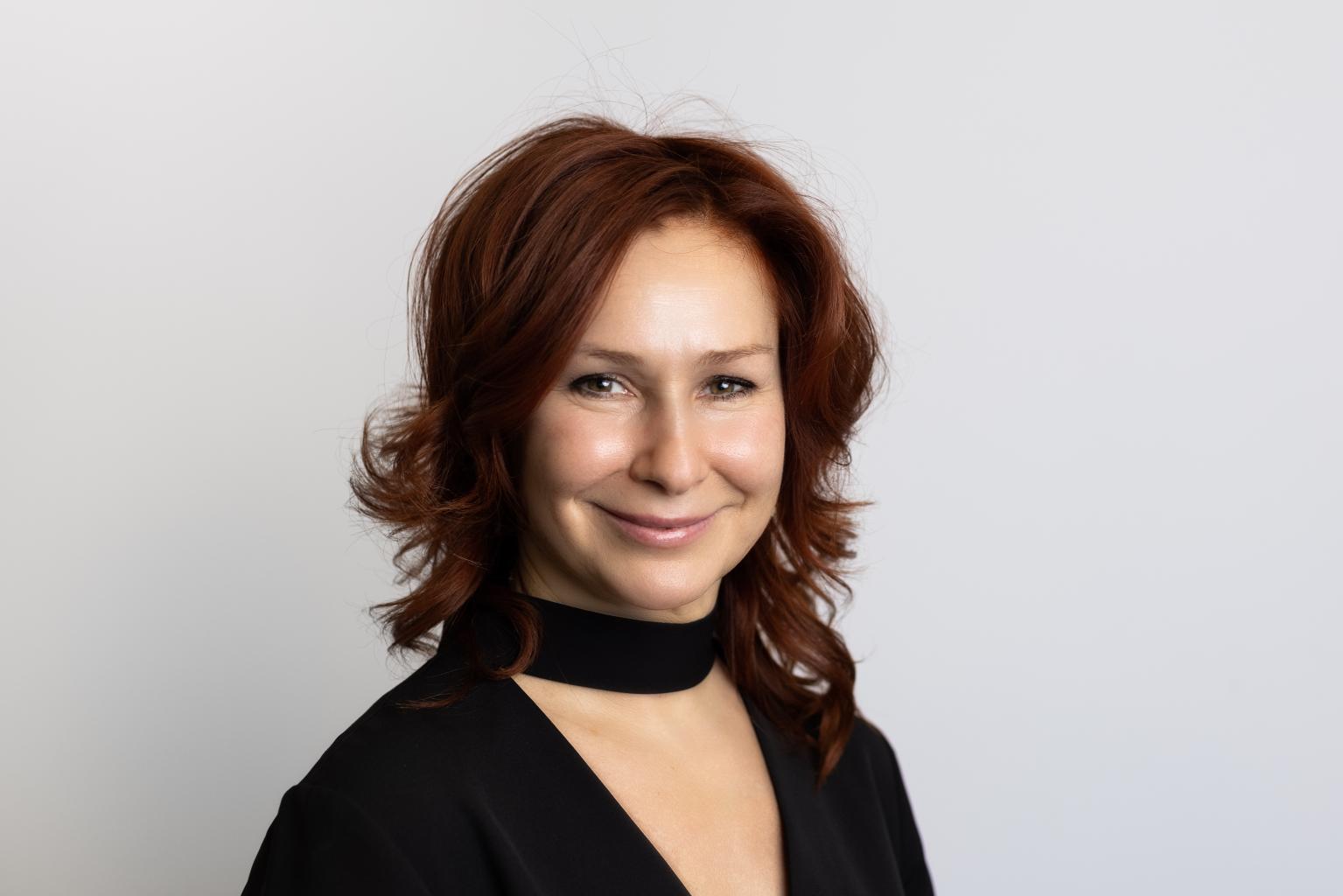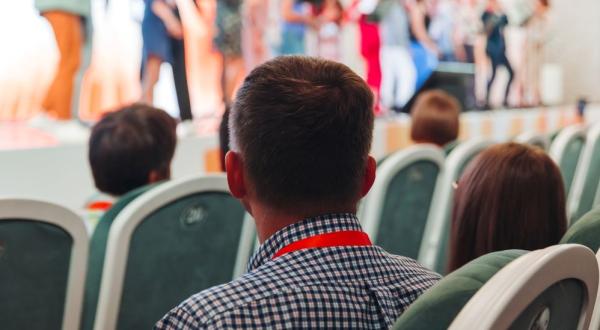Professor Gunta Lazdāne on International Research: ‘Together we Can Accomplish More!’
Being involved in international research has always been important for Rīga Stradiņš University (RSU). Our researchers are involved in many such projects and international organisations. This year marks the 50th anniversary of the ambitious Human Reproduction Programme (HRP), which falls under the auspices of the World Health Organisation (WHO). Several large and influential organisations, companies, and countries have been involved in establishing the programme.
The HRP Alliance for Research Capacity Strengthening operates within the framework of this programme. From 2021, Professor Gunta Lazdāne, senior researcher at the RSU Institute of Public Health and Associate Professor at the Department of Obstetrics and Gynaecology, has been the HRP Alliance Advisory Board’s representative in the European region. Assoc. Prof. Natālija Vedmedovska is a gynaecologist working at the RSU Department of Obstetrics and Gynaecology. She has participated in the training on sexual and reproductive health research organised as part of this programme and has developed a scientific paper.
The need for international research
The HRP is the result of the joint work of several organisations – a consortium formed in 1972 under the leadership of the WHO by the United Nations Development Programme (UNDP), the United Nations Population Fund (UNFPA), the United Nations Children’s Fund (UNICEF), and the World Bank. A number of other organisations with policy-making power have also joined the programme, such as the UN Programme on HIV and AIDS, the International Planned Parenthood Federation, and donors such as the Bill & Melinda Gates Foundation, Hewlett-Packard, Merck & Co, and other large companies. UN and WHO member states wishing to contribute to the committees or individual research projects can also join the programme.
 ‘All participants share a common belief: there is a need for reproductive health research,’ says Prof. Lazdāne about the HRP. ‘I am involved in this programme mainly because of my international and research experience. Geographically, the programme covers the whole world – I am on the HRP Alliance Advisory Board with colleagues from the US, Bangladesh, Argentina, and South Africa.’
‘All participants share a common belief: there is a need for reproductive health research,’ says Prof. Lazdāne about the HRP. ‘I am involved in this programme mainly because of my international and research experience. Geographically, the programme covers the whole world – I am on the HRP Alliance Advisory Board with colleagues from the US, Bangladesh, Argentina, and South Africa.’
When asked why it was necessary to create this programme 50 years ago, Prof. Lazdāne replies that while sexual and reproductive health is important, it does not have the same visibility and urgency as, for example, infections or chronic diseases. It has therefore been and continues to be difficult to attract funding for comprehensive research in this area. Creating the Human Reproduction Programme has fostered research at an international level, as well as an interdisciplinary approach to problems. ‘In Latvia, it is common to associate reproductive health mainly with gynaecology and obstetrics,’ Prof. Lazdāne says, ‘But the HRP also involves researchers from other specialties – lawyers, public health specialists, and many others.’
The programme’s motto is “Research for impact”, which reflects the desire of all stakeholders to drive change and development in the field of sexual and reproductive health.
Exploring the unexplored
‘Two pillars support the work of the HRP. The first one is research areas and topics that are others are not exploring. The HRP does not seek to compete with other research programmes, but rather covers It does not seek to compete with other research programmes, but rather covers difficult, unwieldy, and financially hard-to-manage projects with complex logistics. Research capacity building is the second pillar on which the programme rests. This is more relevant to low- and middle-income countries, but Latvia is classified by the World Bank as a high-income country, so the HRP does not provide financial assistance here. It should be noted that according to revised World Bank data for 2022, only four countries in the WHO European Region are classified as low- or middle-income countries (Kyrgyzstan, Tajikistan, Ukraine, and Uzbekistan). Scientists from all countries have the opportunity to learn, build scientific capacity, and participate in research and training. They are provided with methodology, peer support, and contacts, but the research itself is not funded,’ says Prof. Lazdāne.
 The WHO Human Reproduction Programme has developed many recommendations, including ones on positive birth experience. In 2021, Elizabete Pumpure, a lecturer at the RSU Department of Obstetrics and Gynaecology, initiated the study Imagine EURO (Improving Maternal Newborn Care in the EURO Region) for the WHO European Region in Latvia. The aim of the study was to obtain information on the quality and accessibility of maternal and newborn healthcare during the COVID-19 pandemic.
The WHO Human Reproduction Programme has developed many recommendations, including ones on positive birth experience. In 2021, Elizabete Pumpure, a lecturer at the RSU Department of Obstetrics and Gynaecology, initiated the study Imagine EURO (Improving Maternal Newborn Care in the EURO Region) for the WHO European Region in Latvia. The aim of the study was to obtain information on the quality and accessibility of maternal and newborn healthcare during the COVID-19 pandemic.
The data that has been collected on the childbirth experiences of 2,079 Latvian women is unique. It is the first time data like this has been collected and was published last December in the international medical journal International Journal of Obstetrics. The study is ongoing and plans to monitor changes in the quality of maternity care over time.
From inexperienced graduate to researcher
 Natālija Vedmedovska (pictured), MD, associate professor of gynaecology and obstetrics at RSU, completed the WHO Foundation for Medical Education and Research course in Reproductive Health in Geneva in 2005. ‘We focused a lot on research during training. For example, we learned practical recommendations on how to prepare research grant applications, how to prepare scientific articles, how to publish in international medical journals, and how to use statistics and literature sources. Now you can learn this at RSU, but back then it was very valuable information,’ Vedmedovska says about her experience. ‘80 lecturers were involved in our training, both trainers from WHO and academics. At the end of the course, we had to pass a tough exam and develop a research paper, which gave us the opportunity to apply the tools and knowledge we had learned during the course. All participants had already arrived with their theses and dissertations ready. I had recently finished my residency and had just started working at the maternity hospital. I didn’t have much of an idea about how to develop a research paper – I actually started with a blank sheet of paper. I had to come up with a topic about which there had not yet been a systematic review. I chose to write about bed rest and immobilisation after embryo transfer. Although I was worried about how I would manage, the results were good and six months later I was offered to carry out a major systematic literature review on intrauterine foetal growth and a meta-analysis on the safety of ultrasonography in obstetrics as part of a large, multicentre study by a WHO research group. This work has been very important in my career and in perinatal medicine in general, as any article on ultrasonography in obstetrics now refers to this meta-analysis.
Natālija Vedmedovska (pictured), MD, associate professor of gynaecology and obstetrics at RSU, completed the WHO Foundation for Medical Education and Research course in Reproductive Health in Geneva in 2005. ‘We focused a lot on research during training. For example, we learned practical recommendations on how to prepare research grant applications, how to prepare scientific articles, how to publish in international medical journals, and how to use statistics and literature sources. Now you can learn this at RSU, but back then it was very valuable information,’ Vedmedovska says about her experience. ‘80 lecturers were involved in our training, both trainers from WHO and academics. At the end of the course, we had to pass a tough exam and develop a research paper, which gave us the opportunity to apply the tools and knowledge we had learned during the course. All participants had already arrived with their theses and dissertations ready. I had recently finished my residency and had just started working at the maternity hospital. I didn’t have much of an idea about how to develop a research paper – I actually started with a blank sheet of paper. I had to come up with a topic about which there had not yet been a systematic review. I chose to write about bed rest and immobilisation after embryo transfer. Although I was worried about how I would manage, the results were good and six months later I was offered to carry out a major systematic literature review on intrauterine foetal growth and a meta-analysis on the safety of ultrasonography in obstetrics as part of a large, multicentre study by a WHO research group. This work has been very important in my career and in perinatal medicine in general, as any article on ultrasonography in obstetrics now refers to this meta-analysis.
Studying in Geneva was a major turning point in my life, because back home I could no longer just work as a doctor – I missed research and therefore enrolled in a doctoral programme. I wanted to specialise in perinatology and chose the topic of foetal growth retardation.’
Learning to work together
How can Latvian researchers make use of the HRP? Prof. Lazdāne emphasises that the HRP provides an opportunity to participate in international projects and gain experience. ‘The programme offers very interesting projects in the field of sexual and reproductive health and rights. There are also opportunities to work in faraway countries like Kenya, Ghana, or Burkina Faso,’ says the professor. ‘Telemedicine and digitalisation in sexual and reproductive health is a trending topic at the moment. The HRP organises a wide range of projects in this field, but you can read more about the research supported by the HRP on its website. Another topical project concerns the methodology of self-care in sexual and reproductive health, because the focus during the COVID-19 pandemic was concentrated on containing and fighting the infection, but there was a gap in sexual and reproductive health care in many countries.’
The HRP also provides extensive opportunities for students not only to benefit from the training they offer, but also to undertake internships in countries where HRP-supported research is taking place.
‘I strongly recommend the HRP training programmes to young professionals – they not only provide a strong impetus for research and the opportunity to engage in international science, but also broaden your network of contacts.
I still maintain professional contacts with my group members from more than 30 countries. We communicate on various professional issues and I have also received advice on difficult patient cases,’ says Prof. Vedmedovska.
Related news
 Experts from across Europe will participate in this year's Rare Disease ForumFor RSU Employees, Conferences, workshops, Research, For Students
Experts from across Europe will participate in this year's Rare Disease ForumFor RSU Employees, Conferences, workshops, Research, For Students


